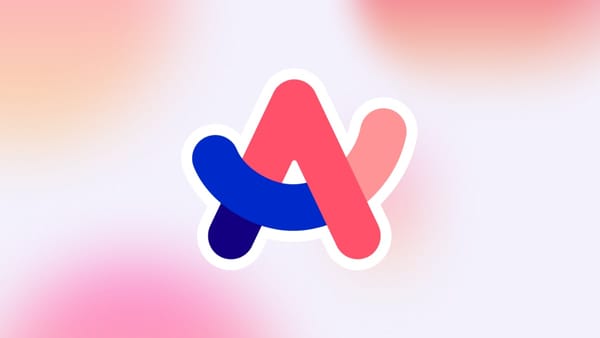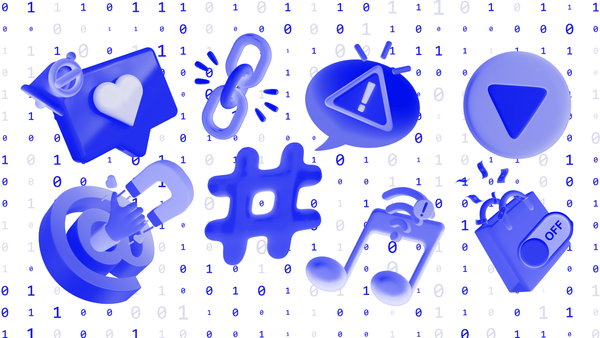Week 07/52: Bye Google Pt I 👋🏽🖕🏽
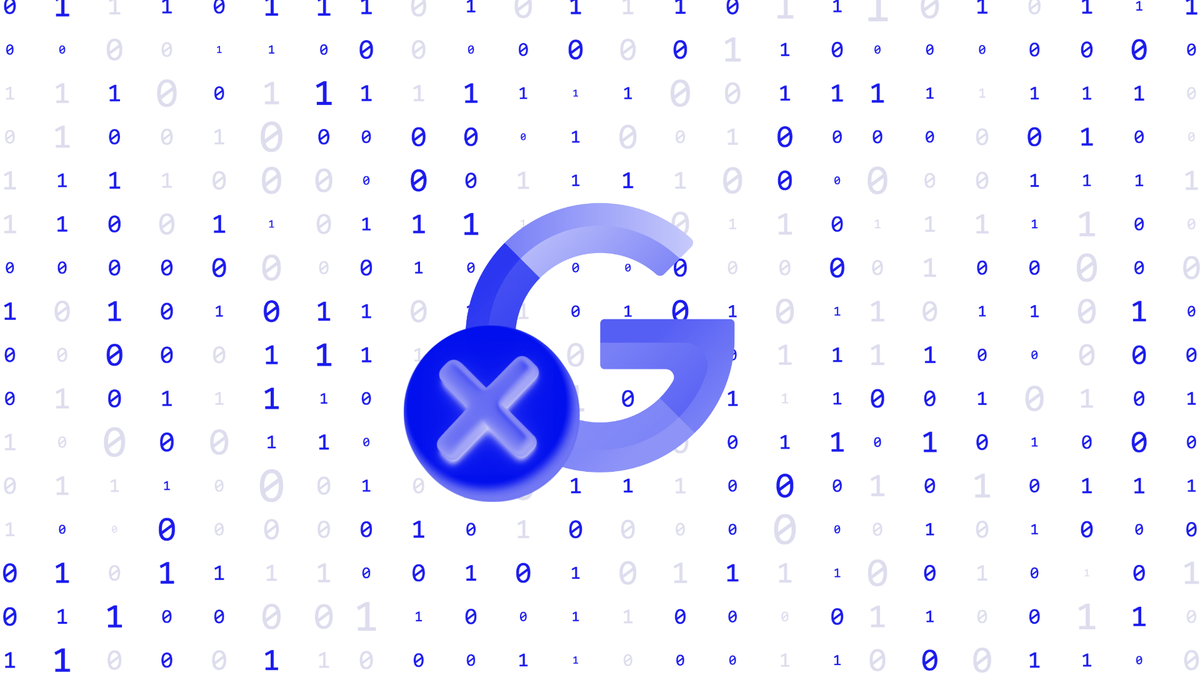
Hi and welcome back to Terms & Conditions! A lot (too much?!) has happened since I was last in your inbox and I hope you're staying hydrated, finding joy, crafting strategies and getting involved where you can, wherever you are.
I'm going to try something here and go diary-style as I capture my real-time progress in attempting divest from Big Tech and breakdown my thoughts, hurdles, and pivots along the way. If you make it to the end and have thoughts or questions, email me!! This is quickly becoming my favorite topic and I want to talk to y'all.
Mon. Feb 10
I read an article on how how to delete yourself from the internet for LGBTQ+ people. It's a good primer on why we should all care about our digital footprint and data privacy more than ever, and how to begin taking steps towards controlling the amount of information that’s tracked and stored about us online.
I also finished the book Rejection by Tony Tulathimutte. I haven't read a book that fast in I don't know when, I think I read it in under one week. If you like darkly funny, raw, twisted, reflective shit, I highly recommend. Without spoiling anything, there are two quotes I'm still chewing on:
I guess we feel responsible to the image of ourselves we've installed in other people's heads. But real accountability requires a community. Online you can meet people, hangout, hook up, meet your soulmate, but it's not a community.
If the grand promise of the internet was to be whoever you want, in reality it will make of you whatever *it* wants, and beneath every mask is another mask mistaken for a face.
Tues. Feb 11
Had to do my weekly testosterone shot today. I have this ritual of icing my stomach for 10 minutes while watching something before I inject myself. While doing so I watched a YouTube video: De-Google Your Life - Part 1: Start With Chrome. It outlined how to switch your internet browser from Chrome, email from Gmail, and search from Google. The video went into cloud storage and DNS stuff towards the end but tbh it kind of lost me there.
It was affirming to see that I've already begun to move away from Google in two of the three areas: I use Arc Browser, not Chrome (although transparently, Arc is run on Chromium, Google's free and open source framework for people to build their own browsers on top of, which some claim make any browser built on Chromium still unsafe and likely to still send its user data to Google) and I've been migrating my email from Gmail to Proton Mail (I currently have my Gmail auto-forwarding to my Proton Mail until I can identify all of the accounts I need to switch my email over.) It's been nice realizing how many mailing lists I don't need to re-subscribe to. Like, how many promo emails can I actually read in a week? I have to remind myself, I know these websites exist. I have to trust my own curiosity. If I want to visit a website, I will because I remembered I wanted to, not because an email listserv kept reminding me. Plus, I don't need dozens of emails reminding to me read things that I won't prioritize reading. But yeah, I'm loving Proton Mail. Encrypted emails and privacy strengths aside, I feel like their ability to set up custom filters and folders is way stronger than Gmail.
I currently don't have a search replacement for Google, so testing search engines will be my focus this week. The three I'm testing are Brave Search, Duck Duck Go Search, and Kagi. Pretty much, every time I have to search something, I'll type my search into all three and see which one I like using the most. So far, I've searched for some luggage, some flight info, some Proton Mail tips. Here are my first impressions:
Brave - 4/10
I didn't love Brave's AI summaries, so I turned those off. I felt like the websites they showed me were a little too random and kind of Reddit-heavy. It's minor but I also don't like the font and for shopping, it was hard without a designated shopping tab. They have this feature called "goggles" where you can view search results with certain categories like "left-leaning content" or "tech blogs" but I don't see that as particularly helpful and you need to know how to use github to make your own goggles. Brave was consistently my least favorite experience off-bat.
Duck Duck Go - 7/10
I like Duck Duck Go! Felt the most like using Google. I like the UI, the results page felt intuitive to navigate and I could find what I was looking for in the first couple of pages. It feels like an easy search to switch to with all of the privacy that Google doesn't have. DDG claims " it doesn’t collect user data or track you across different websites. It also doesn’t associate your browsing with your IP address, and won’t save your search history [and] actively blocks external trackers from following you around online. So, not only does the service itself keep your browsing private, it also prevents third parties from tracking you as well" (source: PC World).
Kagi - 7/10
I'm also digging Kagi. It is paid ($5-10/mo depending on your plan) but the first 100 searches are free. And the paid means no ads ever, on top of Kagi's privacy features, which are similar to DDG (always anonymous browsing, no logging your IP address– the location from which you're browsing– and no sharing your data). Kagi also feels like it can be super powerful for people who enjoy being a "power user" when it comes to customizing their online experience. You can add which sites you want shown more often or less often and they also have "lenses" which feel like a more user-friendly version of Brave's "goggles". So I could make a "news" lens that only shows me search results of only the news sites I have a subscription to or a "eco shopping lens" that I can make only show me brands that are certified eco-conscious when shopping for something. You could make one for if you only have a handful of cooking sites you like or shoe brands you shop at, etc. I love spending time customizing my online experience and being able to do that knowing I'm not being tracked or mined is *chefs kiss*. Only time will tell but Kagi may come out on top for me.
Of course, naturally, after doing all of this, I open Instagram for the first time today and see that Google removed Pride Month, Black History Month, Indigenous People Month, Jewish American Heritage Month, Holocaust Remembrance Day, and Hispanic Heritage Month, amongst others from their public Google Calendar. I was like, welp! What a great day to be researching how to de-google my life! This made me want to fully switch over to Proton Calendar, which is linked to my Proton Mail account (similar to Gmail and Gcal). The only thing right now is that my partner and I share a Gmail and Gcal account and it looks like I may not be able to edit events on our shared calendar from my Proton Calendar. Will have to do some digging to confirm if this is true and if it unfortunately is, discuss if my partner would be down to divest our shared accounts from Google as well.
In other bleak news, "The Department of Education (DOE) has told its employees that it will cut all programs and policies that “fail to affirm the reality of biological sex.” It's not clear yet which programs and policies will be cut and exactly how trans students will be affected but, the potential fallout still feels huge. My partner brought up how the erasure of transgender people from the education system, sports, grant-funded media, etc. will impact trans youth ability to see themselves and know they exist and can grow up and into themselves safely and wholly.
When I was a teen, I barely knew trans people my age existed until I got to college. It feels like much has changed– thanks to social media. Which lead to the passing thought: if all of us divested from Big Tech platforms like Instagram, would that mean that trans youth wouldn't be able to easily or accessibly find ways to see themselves or safely access information? And then I reminded myself: Instagram is not the center of our world, nor does it need to the be first or end all solution. We need real community and connection, physical or digital. Instead of wanting to fight to be on Instagram or wherever, we should be fighting to start and/or join mentorship programs or workshop series or zine distribution systems where real emotion bonds and mutual connections can be nurtured. Maybe this project isn't about replacing platforms with alt platforms in some cases, but replacing platforms with real community.
On the importance of togetherness, my partner surprised me with a lil afternoon date to LACMA where we saw the exhibit, Digital Witness: Revolutions in Design, Photography, and Film. It was a fun time and most notably, I learned about Low-tech Magazine, a website (with really fascinating articles and books!) hosted on a solar-powered computer system, which means it goes down sometimes. Which I'm actually kind of obsessed with *adds solar powered wifi router to dream house mood board.* As I'm starting to de-Google my life, in small ways I'm reminded of how devilishly convenient convenience is. But at the same time, I'm also reminded when Proton Mail is maybe a little slower the Gmail or Low-tech Magazine is down on a cloudy day, life goes on, maybe I step away from my screen and sit down and open a book or call a friend or go on a walk, anything "urgent" actually isn't, and at the end of the day, my life less convenient is mostly a life unchanged– maybe even better for it. Anyways, if you're in LA, I recommend the exhibit. And LACMA is free for LA County residents Mon, Tue, Thurs & Fri after 3 PM!
Wed. Feb 12
Google Maps officially updated the Gulf of Mexico to Gulf of America. And a journalist from the Associated Press was barred from covering an Oval Office event because the AP is still referring to the Gulf of Mexico as such. When the government starts censoring news publications for not publishing their lies, that's scary as fuck. When one of the biggest tech companies in the world, that owns the majority of all our personal data, complies with upholding that censorship, willingly and swiftly, that's maybe more scary. We, as users, should want to punish these actions and alliances. The most powerful way we can do this is by not using their services. In a capitalist society where money is king, we must make their pockets bleed. And when products are "free" (all of the Google ecosystem), our dollar is our data.
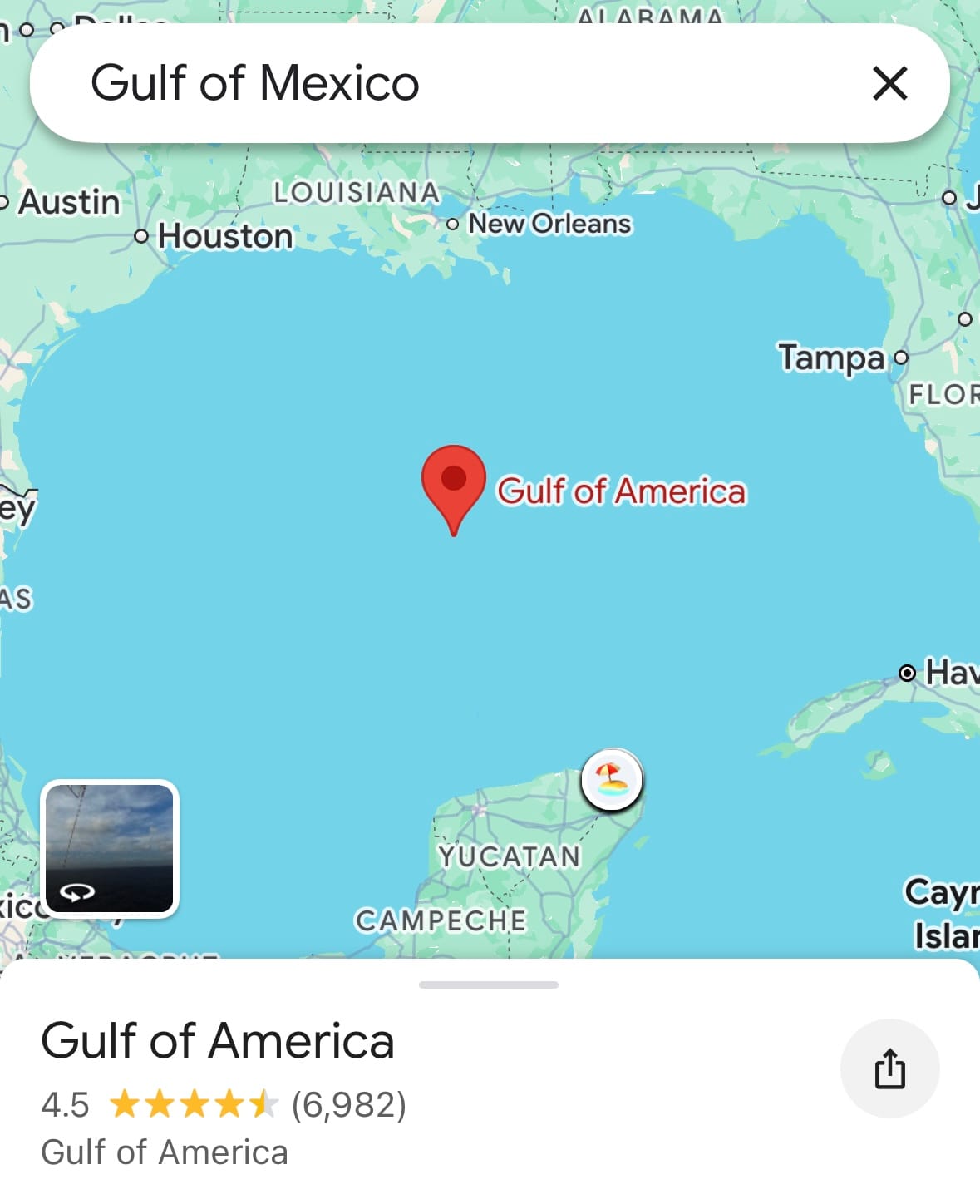
That all being said, I deleted Google Maps off my phone.
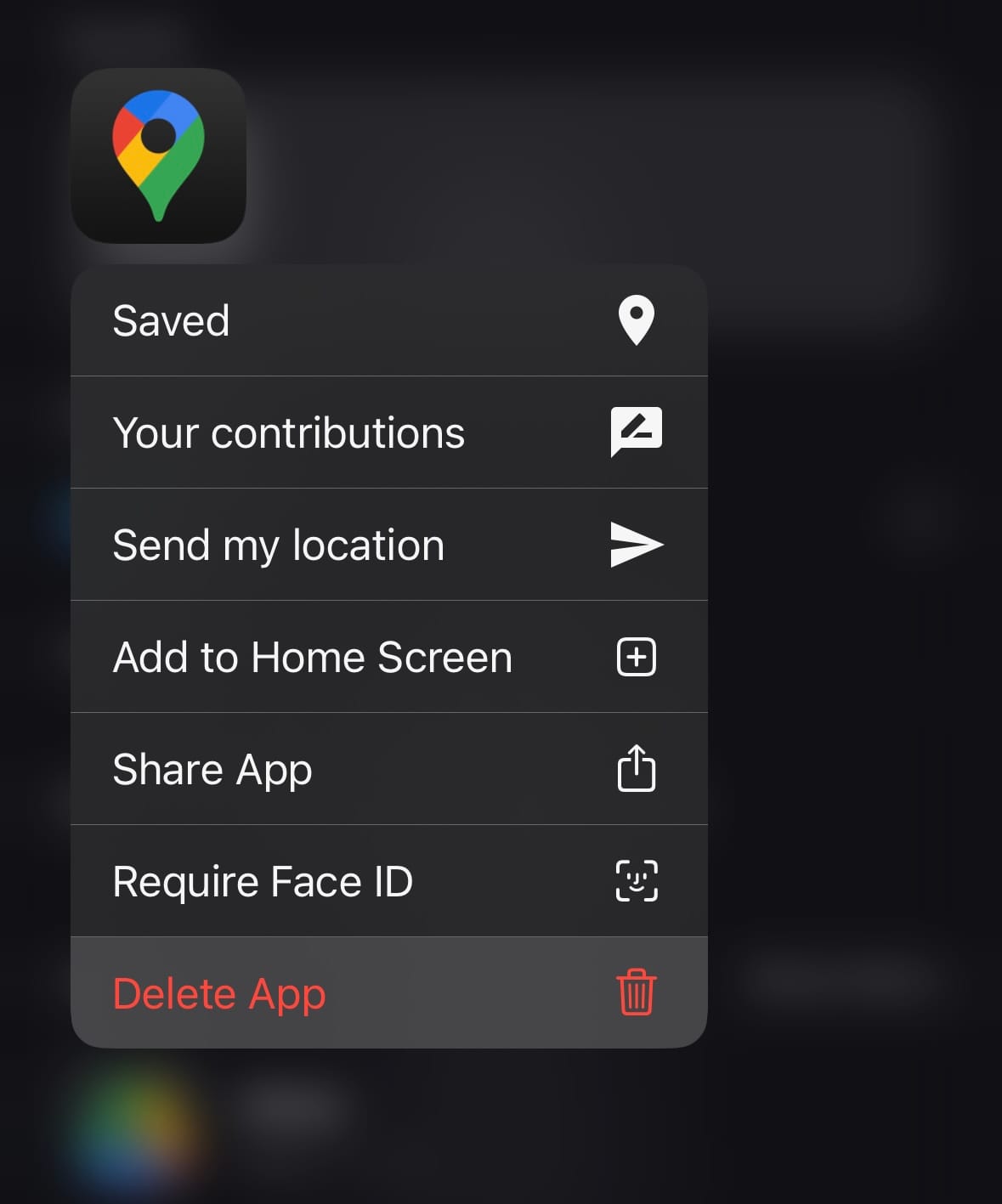
I've been using Apple Maps the last year anyways (and sure, Apple has its own issues and concerns but their compliance with 47's administration hasn't been as flagrant as Google's lately). It will take some time, but my goal this year is to permanently delete my entire main Google account (email, calendar, maps, etc.).
Thurs. Feb 13
I hit my 100 free searches limit yesterday while trying out Kagi as a potential Google search replacement. I couldn't believe that I searched 100 times in 48 hours. That feels like... too much searching??
I've been using an app blocker so that I can't access the web on my phone and it's really made me realize how compulsively I have a question and immediately look up the answer. I've grown to appreciate sitting with a question without feeling the urgency or compulsion to look up the answer. I believe there's probably a correlation between wondering and pondering and creativity and being present.
Anyways, I don't feel like paying to keep trying Kagi out so... by default, Duck Duck Go is the winner for now! Will be using Duck Duck Go as my default search engine moving forward. Bye Google!!
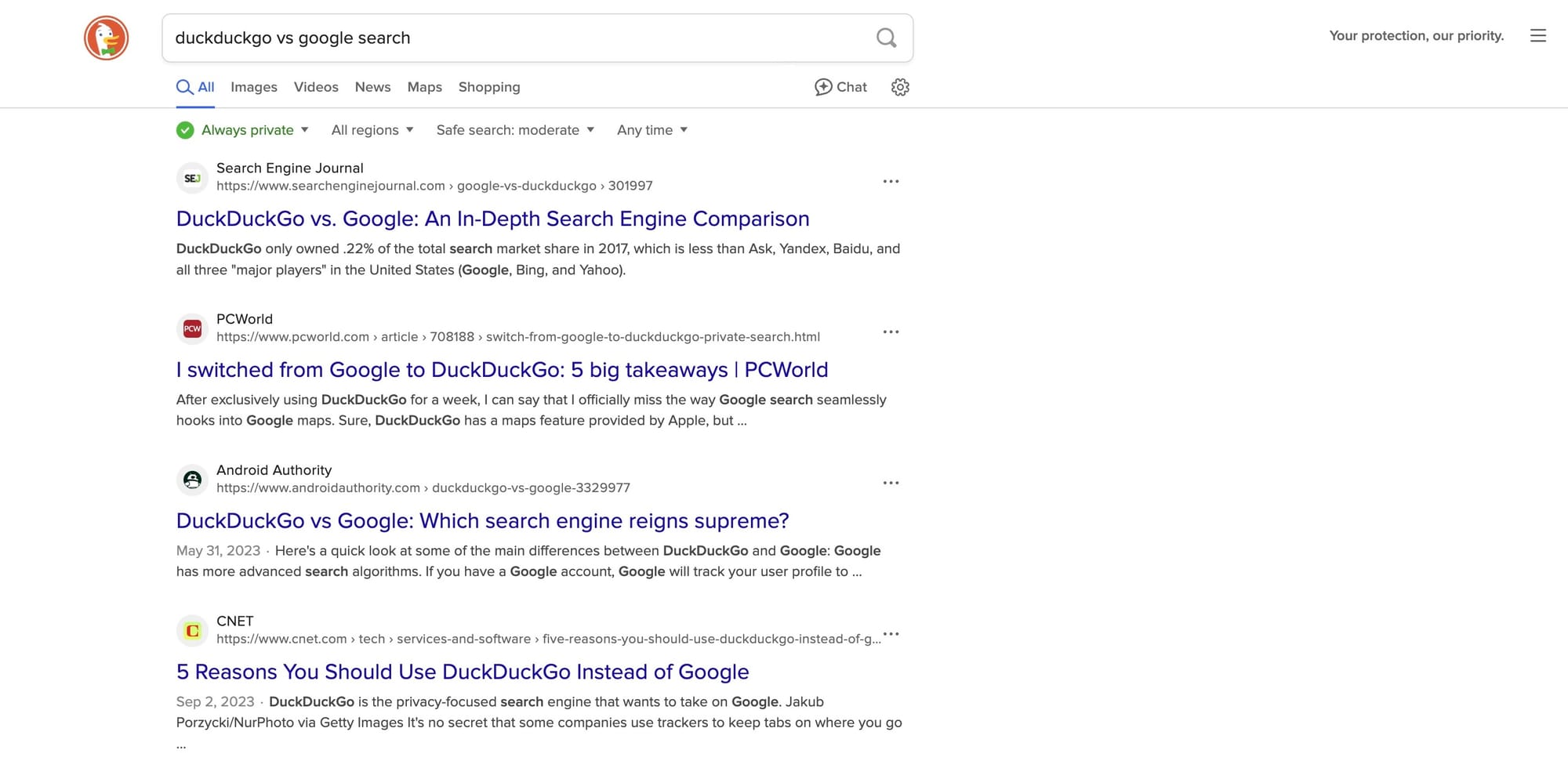
Fri, Feb 14
I joined r/privacy and r/degoogle subreddits today. They're kind of assholes in there but that's reddit for you. The subs are helpful if you know what you're searching for. I though this redditor's post from in r/degoogle was a clear and succinct explanation on why to de-google:
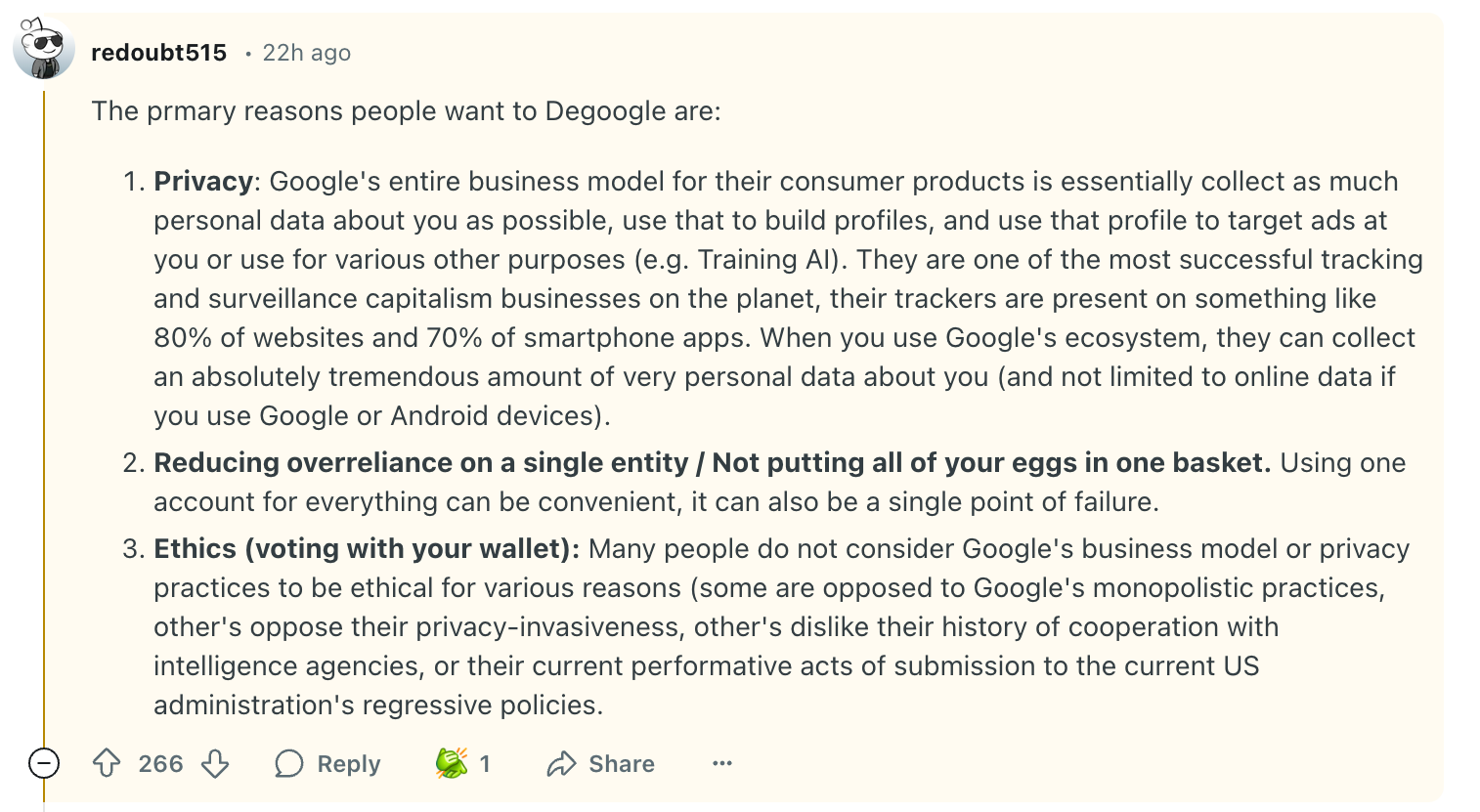
I want to emphasize the last point, "their current performative acts of submission to the current US administration's regressive policies." Between renaming the Gulf of Mexico from their maps to removing identity-driven holidays from their calendar to donating at least a million to 47's inauguration, Google has made it clear that they stand with this administration. A company that knows everything about us is a company to fear. Especially when they can use our data to target whoever this administration deems "enemies of the state" or "anti-American." And trust me, wearing red, white, and blue to the Cowboy Carter tour won't save you from the fact Google knows you're queer or rightly believes that racism exists.
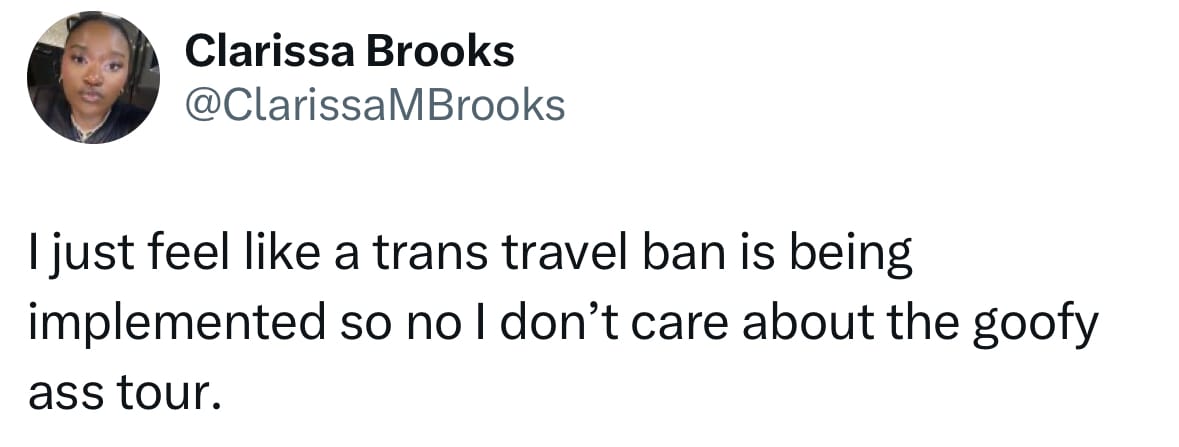
If you never thought about online safety before– I didn't until this year– I'm telling you, we all need to wake up under this tech broligarchy-fueled authoritarian administration and start understanding that being digitally safe is equally as important as being physically safe. To achieve this, you don't have to change your life all at once. There are steps you can take to begin getting comfortable with practicing and prioritizing digital safety and the act of opting out.
How You Can Start De-Googling Your Life:
Replace Google
Consider trying out an alternative search engine that doesn't track, collect, or store your data, like Duck Duck Go or Kagi. Make it your default on your computer for just a week and see how it feels. Remember, an alternative search engine isn't Google and Big Tech will always try to seduce us back with feeling the easiest or familiar or most convenient. If you try switching your browser, don't compare it to working exactly like Google. Just see if it works in small ways.
Replace Gmail
Consider an alternative and privacy-focused, encrypted email service that doesn't secretly read your emails to extract and sell your data, such as Proton Mail or Tuta Mail. Both have free account tiers to get started. If changing your email feels overwhelming, try making an account and start by using it for a specific purpose, like only personal emails or only switching over newsletters to start. Once you get gradually more familiar and comfortable, turn on that auto-reply that says you have a new email and make that switch!
Replace Chrome
Consider using a privacy-focused browser that doesn't allow the browser itself or third-party interests to track and store your browsing history or buy and sell your data. There are a vast number of browsers to try from Firefox to DuckDuckGo's browser, to Mullvad Browser, to Librewolf. If you're a real privacy nerd like I'm becoming, you can check out PrivacyTests.org to compare various browsers.
A lot of these browsers look and function exactly like Chrome, so the change should be pretty seamless. And if you like extensions, most Firefox-based browsers can access the same extensions that Chrome can.
So here we have it! One week down, changes are being made and first action steps are being shared. If you want even more direct access to discussing alternative platforms and putting theory to practice, consider becoming a paid subscriber, where you'll have access to weekly community Zooms and a Signal group chat.
Talking about Zooms, I just signed up for WTF: The Rise of the Tech Broligarchy by MediaJustice, a bi-weekly political education series that exposes and resists the Tech Broligarchy during Trump’s first 100 days. They've got a call coming up next week – see you there?
Until then, Fuck Google!


